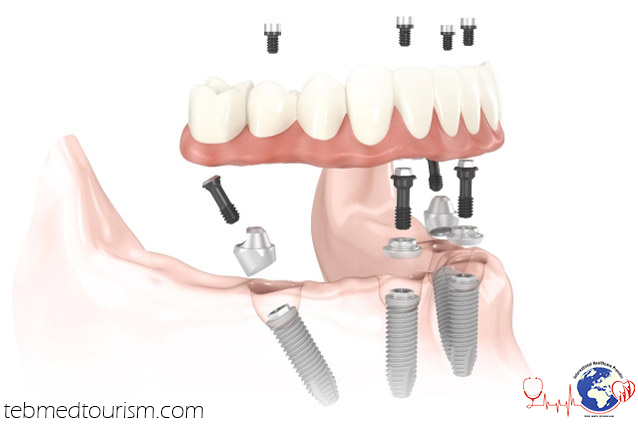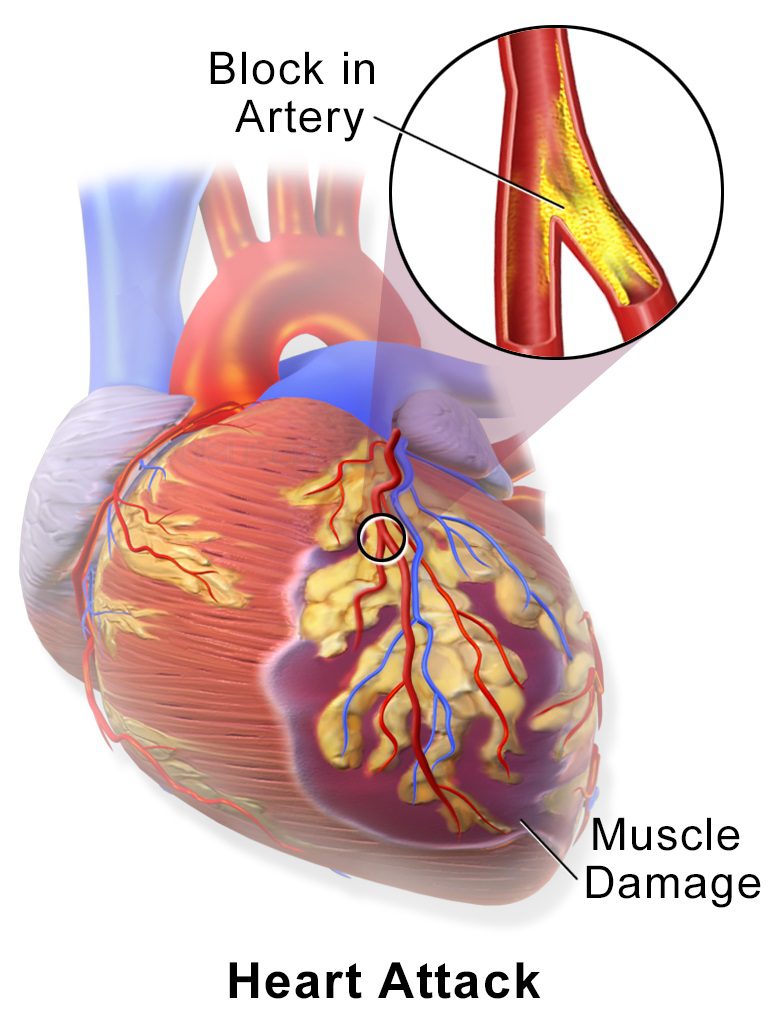Young women in Iran, are having cosmetic surgery in the hope of attaining the Hollywood ‘doll face’.
Iran has been named the nose job capital of the world – with seven times more operations carried out there than in America – despite the high cost of the surgery.
Every year 200,000 Iranians are undergoing rhinoplasty operations.
The Rhinology Research Society of Iran who conducted the study in co-operation with Johns Hopkins University in the US found that the rate of nose jobs per capita is seven times that of America and as prevalent in the Islamic republic as it is in Brazil.
Another anonymous Iranian woman who had a nose job not long ago told The Guardian: ‘I do have a better social life and I don’t have to be ashamed of my big, fat nose anymore.
‘In our family, different types of cosmetic surgery are a totally normal thing, and most of the women and girls have had their noses done.
Rhinoplasty is an operation to resize the nose. Many people don’t like the shape of the nose because it doesn’t look good on their face. Even a slight change in the nose can make it incredibly beautiful. Patients who want to do rhinoplasty in Iran usually don’t like the abnormal small or large nose that doesn’t fit the rest of their face. Other patients want to correct bridge that is crooked or has a bump. Rhinoplasty will provide a beautiful shape to the nose while keeping a natural look that is suitable for the face.
Rhinoplasty in Iran is very famous all over the world and people from all countries come to Iran to do rhinoplasty in Iran. The nose has a great effect on facial beauty. Scientists have found the nose is one of the first parts of the body that is seen by other people.
Period of operation Rhinoplasty in Iran 1-3 hours. It’s better to stay in Iran for 10 days after doing rhinoplasty in Iran. One day in the hospital and the rest in a hotel or house that we will provide for you. The recovery from rhinoplasty in Iran begins four days later. Bruising and swelling usually do not occur. Doctors will remove stitches after about 6 days. You should only do easy jobs for 2 weeks and intensive workout should be avoided for 2 months.
Best City for plastic and rhinoplasty surgeons in Iran
Best rhinoplasty surgeons are doing the operations in Tehran. You can find the best quality and hospital services for a nose job in this city.
Through the corresponding with the specialist, you will have the resume, IDs, and certificate of our recommended specialist.
Contact us to get the full information of nose job specialists, by Tebmedtourism@gmail.com.
Nose Job Tips and Advice
- Get some hints from those who have done this surgery, speak with them and ask about their feeling before and after the operation. They will tell you about their expectation and the result, their satisfaction with their nose job.
- Have an updated medical checkup and send it to your specialist




